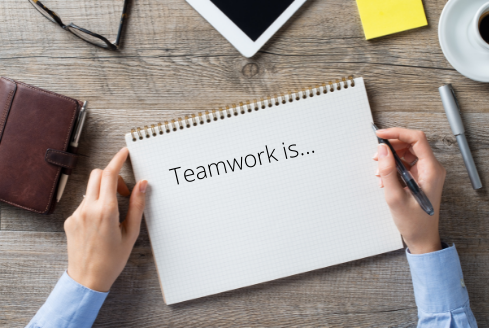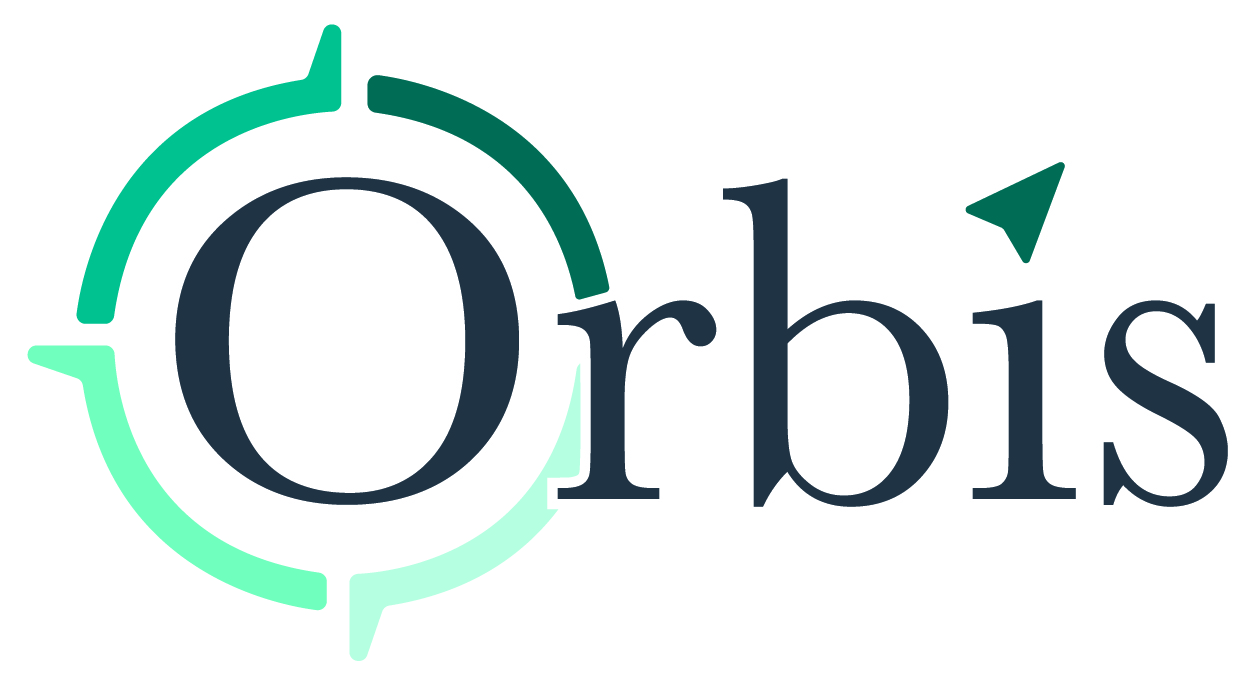Take a deep breath and think about teamwork.
What does it mean to you now? What did it mean to you in previous years? What experiences can you recall – either good or bad – working on teams with co-workers, families or even athletics?
Now that you have taken a few moments to reflect on what life has taught you about teamwork, try to write a simple, one sentence definition of teamwork.

Take time to fine tune
If you are stuck, don’t fret. Teamwork is a complex concept. Give yourself some time to process. Come back to fine tune your definition of what teamwork is to you after reading the rest of this article.
That’s exactly what I had to do when considering this multifaceted, emotionally charged concept. The path I took to reach my own personal definition of teamwork is delineated in the following paragraphs.
A path to teamwork
When I first started reflecting on what teamwork means to me and how I would define it, I thought about my high school and college days. I was busy participating in sports including volleyball, basketball, and rodeo. All of these diverse teams worked together to achieve common goals. The goals started with having a successful practice and went upward from there to winning competitions and titles. We met many of our goals, but not all of them. Did we still show teamwork? Absolutely! Sometimes we showed more dedication to our team than others, but yes, we did demonstrate teamwork.
So, one might say that teamwork is striving to reach a common goal. Well, I don’t disagree with this statement; however, as I reflect about my personal journey and my definition of teamwork, I do believe that teamwork is much more than working collectively to meet goals.

Take for example, people who participate in individual rodeo events such as breakaway, barrel racing, or calf roping. Many of these athletes, who are laser focused on individual success, exhibit exceptional teamwork. How is this possible when after college, most rodeo athletes aren’t even on a team?
Despite the lack of official teams, competitors in the sport of rodeo exemplify the essence of teamwork. They are not necessarily trying to reach a common goal, because not all of them are even competing in the same event. Not all of them have the same level of goals. Some want to reach or return to the National Finals Rodeo (NFR); while others just want to enter their first competition. The level of skill and the level of competition varies greatly.
Self-improvement is the tie that binds teams together
What many of these athletes do, that I believe is so impressive, is strive to support each other on their individual paths to self improvement. Yes, different levels of athletes in the rodeo arena have different long-term and short term goals, but oftentimes the goal of self improvement is overarching. No matter the discipline and no matter the person’s ultimate goals for achievement, self-improvement is the tie that binds these athletes together.
Athletes from the rodeo arena frequently help others improve in their individual sports by being dedicated to growing their skill set, One might ask how does that benefit the person that is helping the person that is less talented? It is simple, if your goal is self-improvement and you are helping someone else improve, you are working on yourself as much as you are the other person. Teamwork in the sport of rodeo is all about mindset. People who are truly dedicated to working as teams, even in individual sports, have developed a strong growth-mindset.
Growth mindset & teamwork
When people believe they can improve themselves, they are more likely to reach their goals. Carol Deweck, a growth based mindset expert says that with practice and a willingness to improve, our brains can actually become more capable. Our skill set can also improve if we are willing to make mistakes, learn from others, and work hard to improve our level of performance and achievement.
When we demonstrate a growth mindset, we are willing to make mistakes and learn from them. We are also more likely to learn from others who try to help us become better. We know that a mistake doesn’t define us but is instead a learning opportunity. Rodeo athletes embrace a growth mindset and are, therefore, more willing to learn from each other without feeling judged. We believe that our limits are only temporary and by working hard with fellow athletes, we can reach our individual goals. When one of our rodeo family members wins, it is a victory for us all.
No matter the arena…
So, you may be asking, how does this concept of teamwork being integrated into a growth based mindset apply to organizations, institutions, boards and teams? Through defining what growth-based mindset is and becoming more informed about yourself and your own psychological disposition, you can become not only a better athlete, but a better performer and teammate, no matter the arena.

